On my second trip, I took about 100 dresses, 83 of which had been made by women in my church, Berkeley United Methodist, in Austin. One lady hand-sewed about 35 dresses and embellished each one with buttons and bric-a-brac. Her granddaughter made a coordinating bracelet for each outfit. It was a tight fit getting all those dresses in my suitcase, but thanks to my husband’s packing skills, I did not have to pay for additional luggage.
Many of the fistula survivors are young teens and very small, but there are some larger women as well. The very small dresses go to the daughters of fistula survivors as well as orphan children.
A number of artistic people have put their craft skills to work for the people we serve in Liberia. Anne-Marie’s sister-in-law, Jan, designed balloon ball covers and made several as well. All you have to do is slip a balloon in the opening at the end, inflate it, and tie it off. The children have a colorful fun toy that can be easily washed as well!
We also provide the women with hygiene kits. Many women from Linda’s church have sewn the kits and filled them with necessary supplies. Kerri, with the help of her Aunt Janice's Quilting Guild at their Kiamichi Quilt Camp, made at least 30 of these kits. When we distribute the kits, our team members explain the purpose of each item as they contain things the survivors may not have used, such as sanitary napkins.
Would you like to sew something for a fistula survivor? If you are interested in donating your talent or perhaps supplies for the hygiene kits, please contact us through our web site. We would love to hear from you!
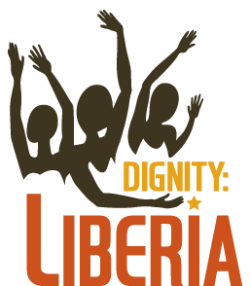
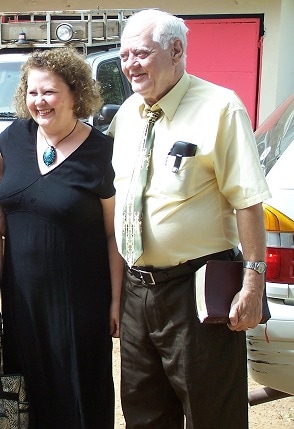
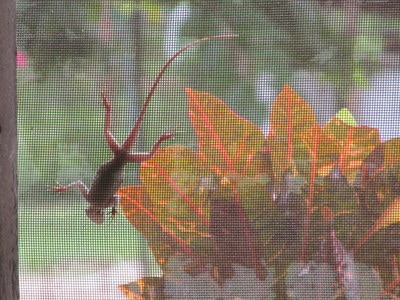
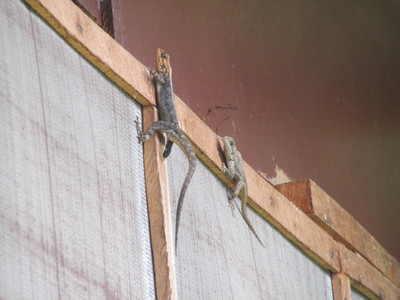
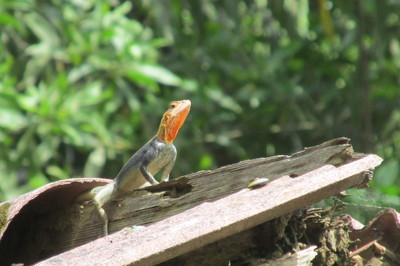
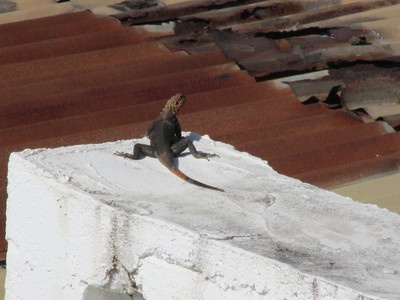
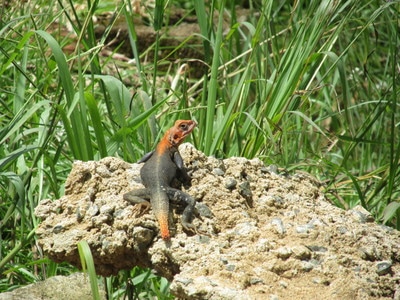
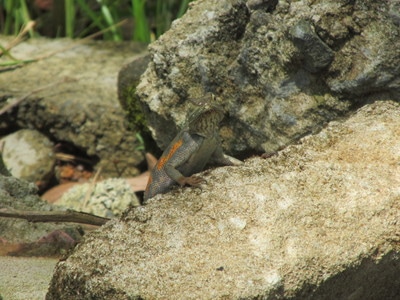
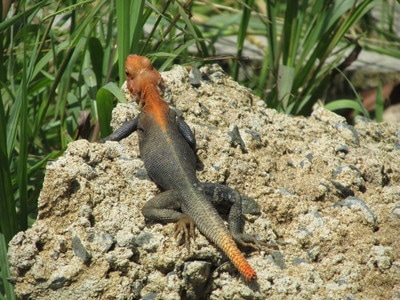
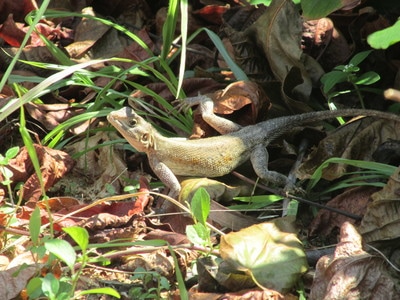
 RSS Feed
RSS Feed